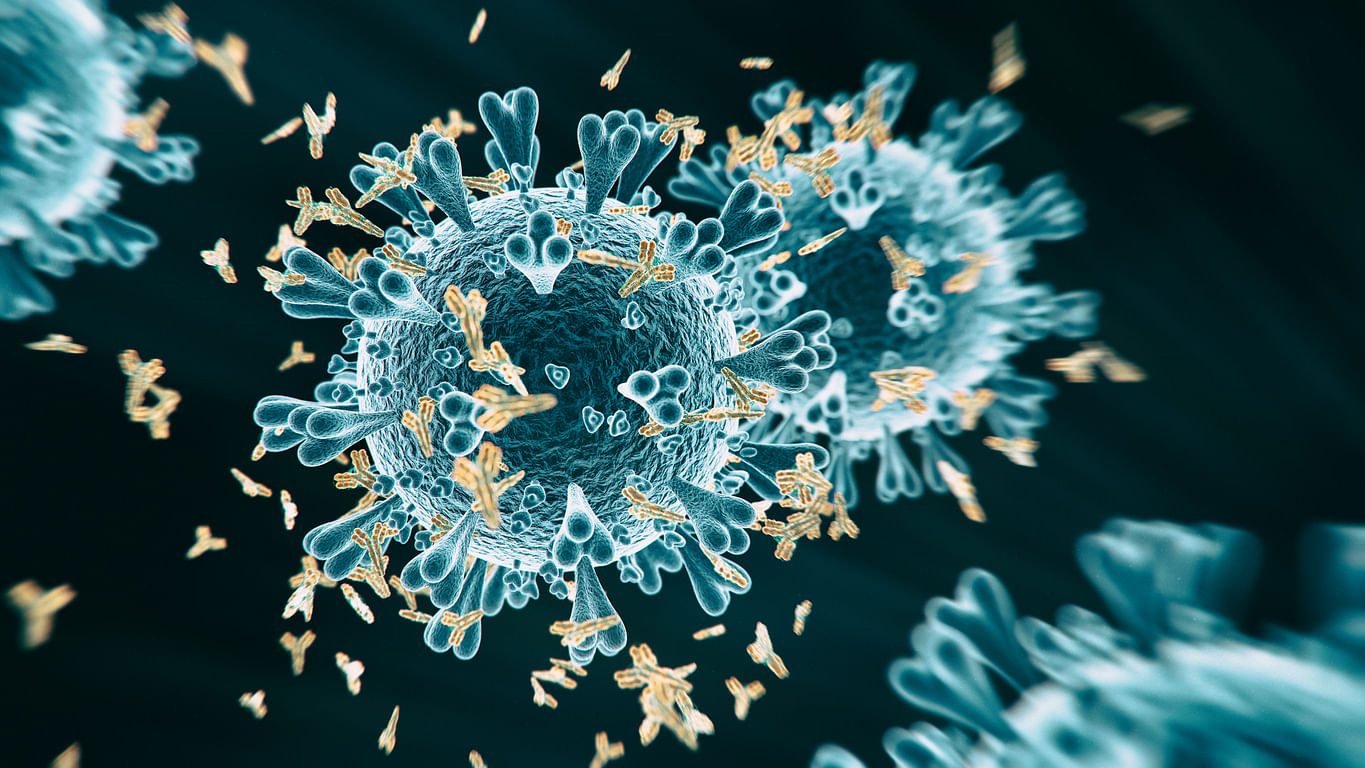
The Union Health Ministry on Wednesday said that the World Health Organisation did not classify the B1.617 variant of the SARS-CoV-2 as Indian variant, putting across the government views on whether the strain can be commonly described as “Indian variant”.
Reported first in India late last year, the strain has gained popularity as Indian variant because of the country where it has been reported first.
Other new variants of the SARS-CoV-2 reported first in the UK, Brazil or South Africa have been named after their country of origin in the popular press without any reactions from the public health authorities of those countries.
But the Indian health ministry in a statement said, “This is to clarify that WHO has not associated the term “Indian Variant” with the B.1.617 variant of the coronavirus in its 32 page document. In fact, the word “Indian” has not been used in its report on the matter.”
“Several media reports have covered the news of WHO classifying B.1.617 as a variant of global concern. Some of these reports have termed the B.1.617 variant of the coronavirus as an “Indian Variant”. These media reports are without any basis, and unfounded.”
The 32-page WHO report released on Tuesday, mentioned that the viruses in the B.1.617 lineage were first reported in India in October 2020.
“The resurgence in Covid-19 cases and deaths in India has raised questions on the potential role of B.1.617 and other variants (e.g, B.1.1.7) in circulation.”
In its report, the world health body says that the B1.617 variant has three major sublineage – B1.617 (1) found in 34 countries, B1.617 (2) reported from 31 countries and B1.617 (3) reported from four countries. Taken together, B.1.617 has been found from 44 countries in all six WHO regions. The world body received reports of detections from five additional countries.
“It is better not to identify the variants with the names of the countries first reported. Unfortunately, the general public and the media prefer names such as British, South African, Brazilian or Indian variants. These names are easier to refer to and remember than complicated numbering,” Abdul Ghafur, a consultant on infectious disease at Apollo Hospital, Chennai told DH.
“If that is the case, we should call the original one the Wuhan virus. The variants can be called the British or Indian variant of the Wuhan virus!” said Ghafur, who was among the first group of medical researchers to raise awareness on the New Delhi Metallo Beta Lactamase-I (NDM-1) super bug that triggered a similar controversy a decade ago on the naming of a super-big after the Indian capital where it was found first.
"Typically it is always best scientifically to annotate by ID rather than country name , as B.1.617 has now three sublineages and this causes confusion as all are indeed Indian. In that count B.1.618 is also Indian," added another Indian geneticist.
